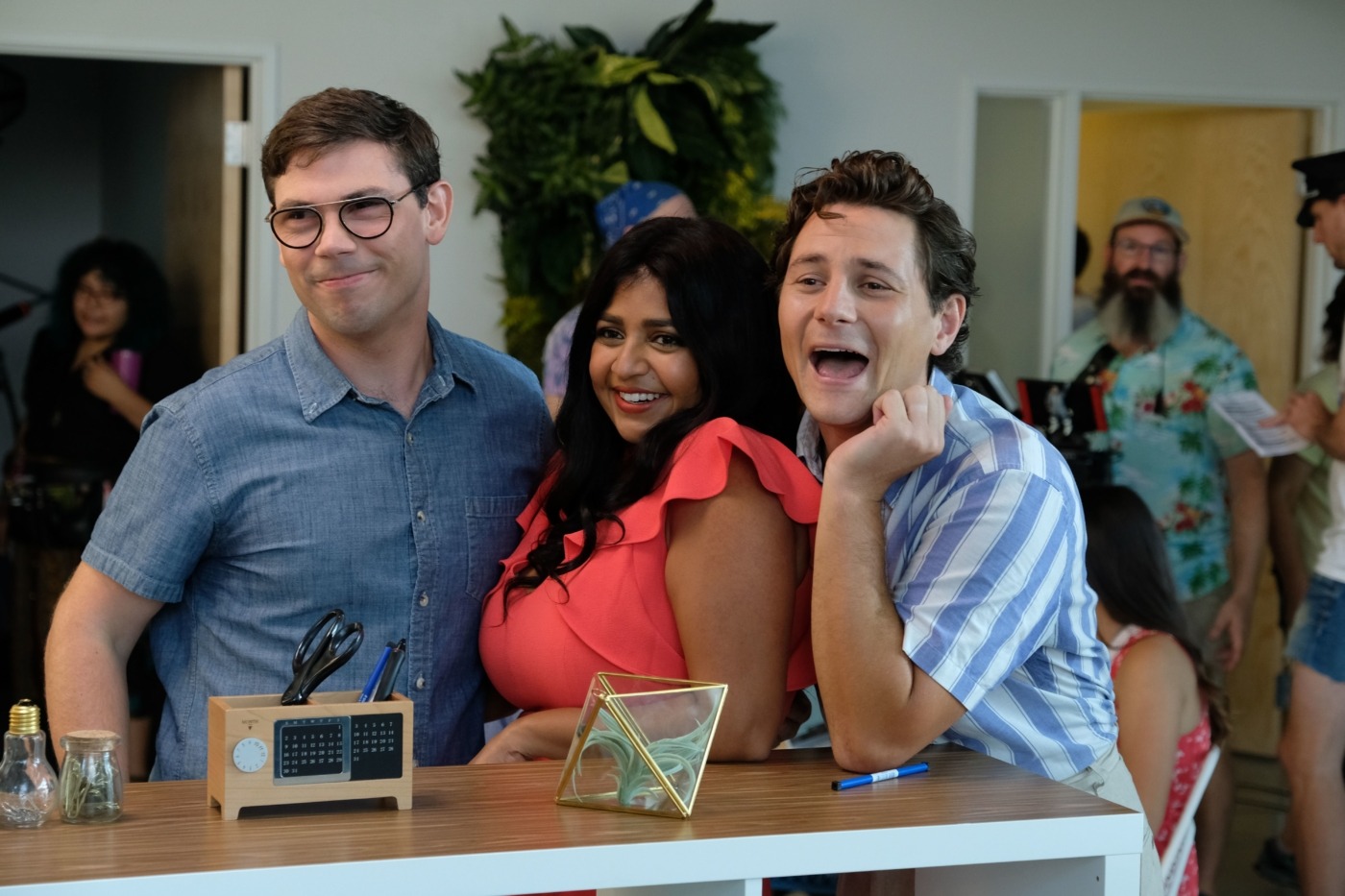Netflix’s Special is a new benchmark for representation
When trailers for Netflix’s new comedy sitcom, Special, started circulating at the end of last month, it was met with excited anticipation from particular audiences. It was one of television’s first forays into a show about disability – not just for which disability was a convenient tear-jerker of a plot point for other characters, but a show which centred around an individual’s very own conception of their disability. An autobiographical show, it follows Ryan O’Connell as he takes tentative steps into the ‘real world’ as an adult with cerebral palsy; moving out, getting a job, having sex, falling in love. It’s real and it’s raw and it’s funny.
It’s a poignant representation of disability, and also of accepting disability. After getting hit by a car about three minutes into the first episode, Ryan uses that as a more acceptable reason as to why he struggles with certain mundane tasks (like opening envelopes) rather than admit to his whole office that he has CP. Much of the show revolves around Ryan dealing with the repercussions of choosing to hide the real reason for his disability, whilst simultaneously not making a subject for our pity.
It’s real and it’s raw and it’s funny
One of the reasons why is because, well, he can be a horrible person. Special avoids the pitfalls of most representations of disability – of unflawed, bland cardboard-cutouts for characters. Ryan’s insensitive, he’s forgetful, he’s selfish, and plain obnoxious at times. He’s a real human being who happens to have a disability.
Oh, and he’s also gay. Because – and take note, TV producers – people can have more than one identity simultaneously. The show details Ryan’s exploration of his own sexuality in a way that’s probably familiar to many disabled people. He’s certain about who he’s attracted towards (his prolific use of Grindr confirms that) but his exploration centres around how he can practically embrace his sexuality whilst dealing with his physical limitations. It’s a fantastic representation of the realities of disabled people, who are frequently – intentionally or otherwise – infantilised and desexualised. He’s told by those with whom he engages in sex that he’s attractive and desirable, and that’s a huge step in the media’s portrayal of disabled bodies.
Special avoids the pitfalls of most representations of disability – of unflawed, bland cardboard-cutouts for characters
There’s a particular scene towards the end of the series in which he is set up with a deaf man, and he proclaims that “he can still do better than a deaf guy” when recounting the failure of the date later. And this embodies a huge issue within society – that internalised ableism is still prolific whether or not you’re disabled. Just because somebody themselves has a kind of disability doesn’t mean they cannot be prejudiced towards people with another kind of disability. The way Ryan speaks about his deaf date also frames how able-bodied people can talk about disabled people – if we find it ridiculous that he’s saying that, why is it any more acceptable or legitimate an able-bodied person saying it?
The representation in Special extends beyond just disability. It portrays the blossoming relationship Ryan’s kind-hearted but overbearing mother Karen, as she faces living without Ryan’s constant dependence, and her new neighbour, both of whom are in their fifties and both of whom have sex with enthusiasm usually only reserved by television for characters in their twenties and thirties. It also touches on Ryan’s new work colleague Kim’s self-acceptance as she curates her outward strong, body-positive powerhouse vibe whilst dealing with body image woes and insecurities that come with not fitting the traditional mould of the slim white woman.
The representation in Special extends beyond just disability
The show is far from perfect, though. The episodes, at just fifteen minutes, feel stunted and lacking any real development. The secondary characters fall too much into trope territory at times; Ryan’s straight-talking, Siri-using boss who very much embodies the ‘girl boss’ stereotype without any actual humanity and whose cutting remarks fall less on the side of comedic and more on the side of just plain rude. There’s much potential, though, and hopefully Netflix sees this too and invests in an expanded, more in-depth second season.

Comments